The Sheffield Tobacco and Alcohol Policy Modelling Platform
The Sheffield Tobacco and Alcohol Policy Modelling Platform (STAPM) research programme aims to identify and evaluate approaches to reducing the harms caused by tobacco and alcohol consumption. By providing policymakers with evidence-based insights, STAPM seeks to improve public health policymaking and commissioning.
Introduction
The Sheffield Tobacco and Alcohol Policy Modelling Platform (STAPM) is a powerful tool designed to assess the potential health and economic impacts of tobacco and alcohol policies. Developed from the Sheffield Alcohol Policy Model (SAPM), STAPM extends its capabilities to include tobacco-related interventions and explores the interplay between tobacco and alcohol consumption. The platform aims to provide policymakers with evidence-based insights to inform effective public health strategies.
History and development
STAPM's roots lie in SAPM, (also known as the Sheffield model), which provided estimates of the effectiveness and cost-effectiveness of alcohol policies including pricing and availability policies as well as screening and brief interventions. It has been influential in informing public and political debate on alcohol policy and has provided a key evidence base for informing policy decisions around minimum unit pricing of alcohol. More recently, estimates from an adapted version of the model were used to inform the UK Chief Medical Officers' lower risk drinking guidelines.
In 2014, as part of the UK Centre for Tobacco and Alcohol Studies (UKCTAS), the model was expanded to incorporate tobacco-related factors. A collaborative workshop involving public health experts and academics shaped the development of the joint tobacco and alcohol policy system, encompassing themes such as price, place, person, promotion, prescription, and industry regulation.
Objectives
The STAPM research program has two primary goals:
- To evaluate the health and economic effects of past trends, policy changes or interventions that have affected alcohol consumption and/or tobacco smoking.
- To appraise the health and economic outcomes of potential future trends, changes to alcohol and/or tobacco policy or new interventions.
Key features
- Comprehensive modelling: STAPM simulates the effects of various tobacco and alcohol policies on consumption patterns, health outcomes, and economic costs.
- Data-driven approach: The platform relies on extensive data sources to inform its models, ensuring accuracy and relevance.
- Open and transparent: STAPM is committed to transparency, sharing its methodologies, data, and code to foster collaboration and scrutiny.
- Policy-focused: The platform is designed to provide policymakers with actionable insights to support evidence-based decision-making.
Applications
STAPM has been instrumental in informing public health policies and debates. Its applications include:
- Policy evaluation: Assessing the effectiveness and cost-effectiveness of tobacco and alcohol pricing policies, screening and brief interventions, and other tobacco and alcohol interventions.
- Policy development: Providing evidence to support the development of new policies and strategies.
- Health promotion: Informing public health campaigns and initiatives aimed at reducing tobacco and alcohol-related harm.
By providing a robust and transparent modelling platform, STAPM contributes to a better understanding of the complex relationship between tobacco and alcohol consumption and their associated health and economic consequences.
Future development
Development of the STAPM modelling platform is continuing as part of the SPECTRUM UK Prevention Research Partnership consortium. This work extends the modelling already developed for England to Scotland and Wales, develops further health and economic outcomes, and continues to evaluate and appraise policies and interventions.
Talk to our experts
To discuss our modelling work drop us a line at sarg@sheffield.ac.uk and we'll get back to you as soon as we can.
Visit the STAPM website for more information on projects, data, code tools, management, resources, models and publications.
Research involving our tobacco and alcohol modelling platforms

SARG releases first Budget briefing report
The Sheffield Addictions Research Group has launched an ongoing series of Budget Briefing Notes exploring the potential health and economic consequences of tobacco and alcohol tax changes, beginning with the Autumn 2024 Budget.

Budget Briefing Notes
Our rapid-response reports use the Sheffield Tobacco and Alcohol Modelling Platform to offer timely analysis of the potential implications of changes to alcohol and tobacco taxation following UK Government Budget announcements.

Minimum pricing for tobacco could help to reduce smoking rates in Scotland, new research suggests
New research from the Sheffield Addictions Research Group has assessed the potential effectiveness of minimum pricing policies for tobacco that could help reduce smoking rates and improve health in Scotland.
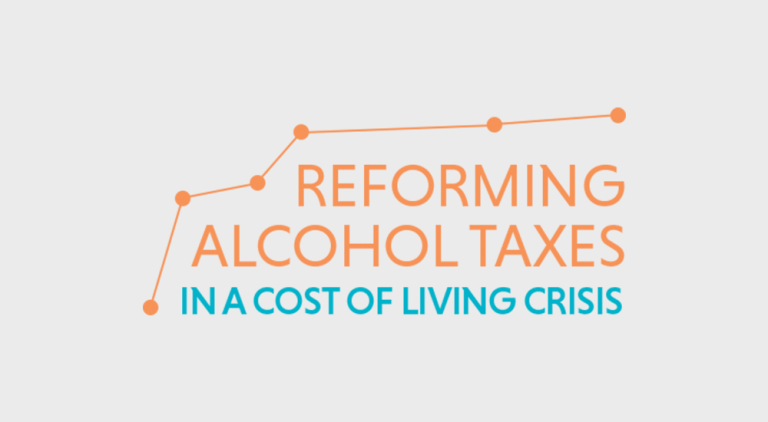
Reforming alcohol taxes in a cost-of-living crisis
Evaluating the impact of reforms to the UK alcohol tax system, increases to alcohol tax rates, and the current cost-of-living crisis on alcohol consumption, associated harms and health inequalities.

No/Lo Project
The No/Lo Project investigates whether non-alcoholic or low-alcohol drinks can improve people's health. These drinks are beers, ciders, wines, spirits that are alcohol-free or contain a little alcohol. We call them no/lo drinks.

SARG study on UK alcohol tax reforms published in The Lancet Public Health
A new study published this week in The Lancet Public Health by the Sheffield Addictions Research Group shows that while recent reforms to UK alcohol taxation are a step in the right direction, they are unlikely to significantly improve public health outcomes without further changes.

SYNTAX
The SYNTAX project aimed to provide evidence and tools to inform the potential scale of effects of taxation across tobacco and alcohol as an intervention to improve public health and reduce health inequalities in the UK.
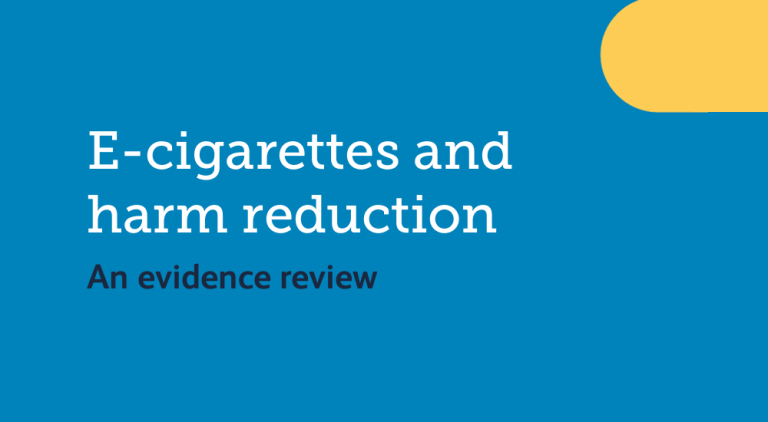
SARG contributes to major new report on e-cigarettes
The Sheffield Addictions Research Group has contributed to a major new report on e-cigarettes from the Royal College of Physicians.

New SARG study shows that going smoke-free could redirect almost £11 billion a year into local economies
Making England completely smoke-free could free up £10.9 billion and provide substantial benefits to local economies, a new SARG study has shown.
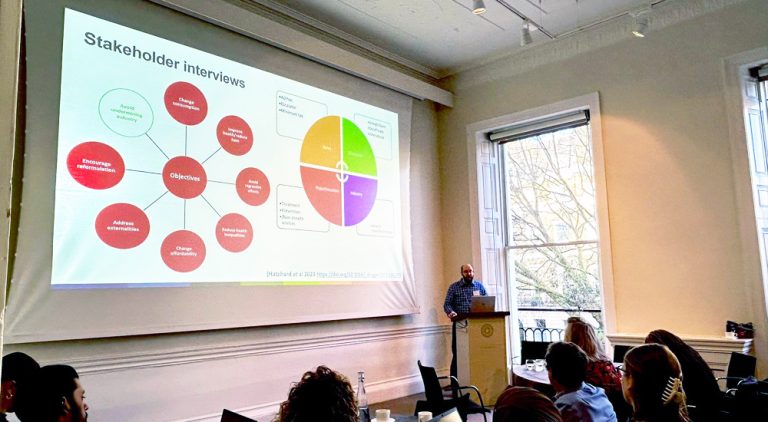
Dr Duncan Gillespie speaks on tobacco policy at SPECTRUM event
Leading tobacco policy experts gathered at the Academy of Medical Sciences in London for a three-day workshop hosted by the SPECTRUM Consortium, entitled "Nicotine & tobacco: Current Issues, Policy and Practice".
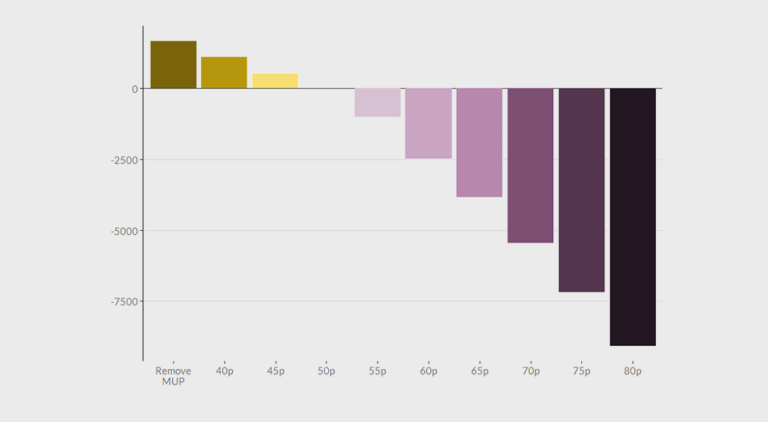
New modelling of alcohol harms in Scotland
The Sheffield Alcohol Research Group has today (20 September 2023) published a major new report on the impact of alcohol pricing policies, alcohol consumption and harm in Scotland.
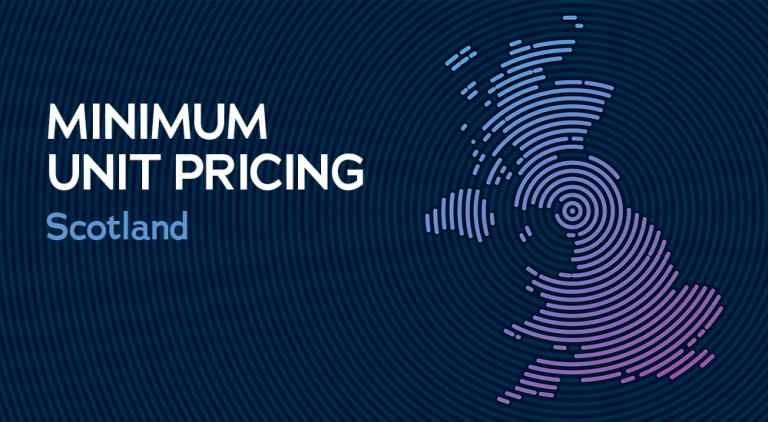
Evaluating the impact of minimum unit pricing in Scotland on harmful drinkers
This project evaluated the impact of Scotland's minimum unit pricing (MUP) policy on people drinking at harmful levels, including those with alcohol dependence.
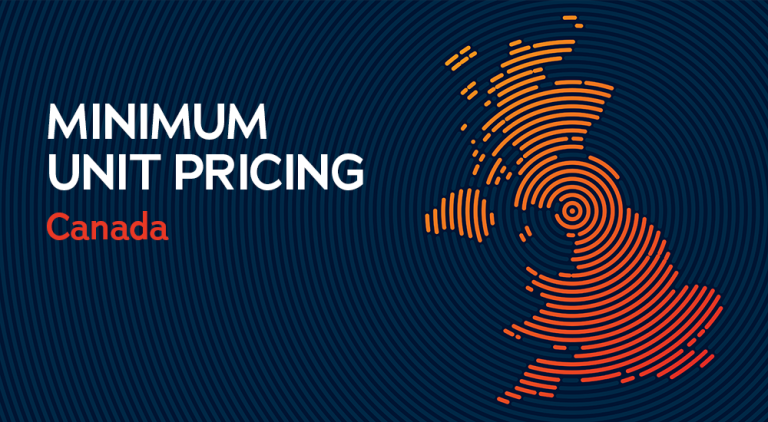
Does minimum pricing reduce the burden of disease and injury attributable to alcohol in Canada?
This research used the Sheffield Alcohol Policy Model to estimate the potential effects of minimum unit pricing (MUP) for alcohol on consumption, spending, and alcohol-related harm in Wales, including health, crime, and absenteeism.

Modelling the impact of minimum unit pricing for alcohol in Scotland
Since 2009 the Sheffield Addictions Research Group has undertaken a number of modelling projects for the Scottish Government to appraise the impact of minimum unit pricing (MUP) for alcohol.

Modelling the impact of minimum unit pricing for alcohol in Wales
This research used the Sheffield Alcohol Policy Model to estimate the potential effects of minimum unit pricing (MUP) for alcohol on consumption, spending, and alcohol-related harm in Wales, including health, crime, and absenteeism.

Appraising the effect of implementing local minimum unit pricing on alcohol consumption and health in the North West of England
This project aimed to provide evidence about what would happen if minimum unit pricing (MUP) for alcohol was introduced by local authorities in North West England.

SAPM
The Sheffield Alcohol Policy Model (also known as SAPM) provides estimates of the health and economic impacts of a broad range of alcohol policies as well as how these impacts vary across different groups in the population.

ODHIN
Optimising Delivery of Healthcare Interventions (ODHIN) was an EU-wide project focusing on understanding how best to translate the results of clinical research into everyday primary health care.

Interdisciplinary Alcohol Policy Research Programme
The overarching aim for this ambitious programme of research was to lead a step-change in capabilities for robust scientific appraisal of new and existing alcohol policy interventions by substantially developing and updating the Sheffield Alcohol Policy Model.

Independent Review of the Effects of Alcohol Pricing and Promotion
Reports commissioned by the Department of Health to investigate the effects of pricing and promotion on alcohol consumption and related harm in the UK.
